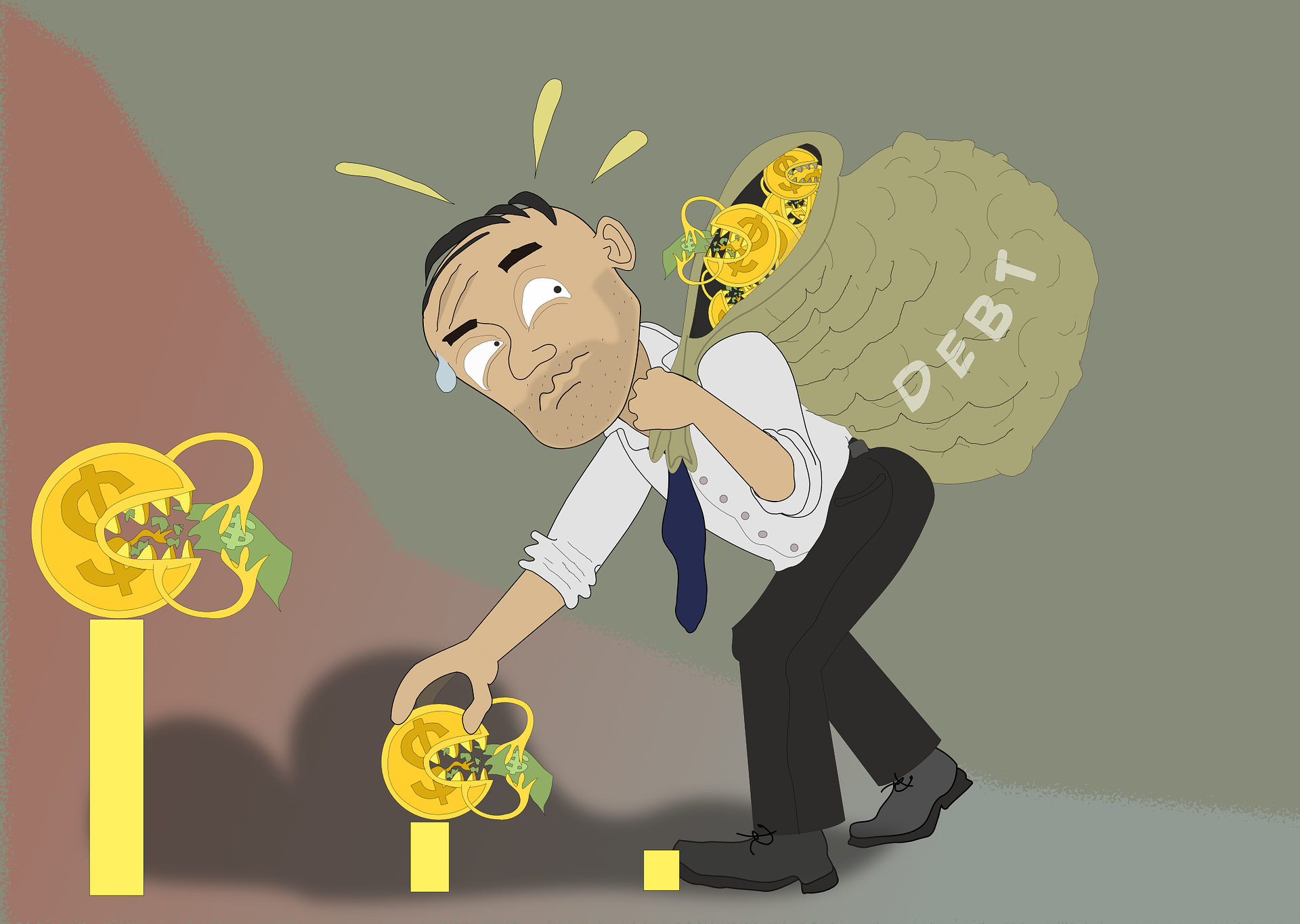If you’re like most people, managing your personal finances is probably not something that comes naturally to you. It can be difficult to stay on top of your bills, save money, and stay within your budget – especially if you’re used to spending freely.
But the good news is that there are plenty of ways to improve your personal financial management skills. By following a few simple tips, you can take control of your money and improve your financial situation.

1. Create a budget
One of the best ways to manage your finances is to create a budget. When you know how much money you have coming in and going out each month, it’s easier to make informed decisions about your spending.
To create a budget, start by tracking your income and expenses for one month. Then, categorize your expenses and identify which ones are necessary and which ones you can cut back on. Once you have a clear picture of your spending patterns, you can begin to make adjustments to stay within your means.
2. Save money
Saving money is another important part of personal financial management. If you don’t have any savings, it’s easy to fall into debt if you experience a financial emergency.
To start saving, open a dedicated savings account and make regular deposits. Even if you can only save a small amount each month, it will add up over time. You can also set up automatic transfers from your checking account to make saving easier.
To get started, Forbes came out with a list of a five simple ways to save money every month.
- Rethink Your Cell Phone Bill
- Try a Bill Negotiating App
- Buy Discounted Gift Cards to Your Favorite Stores
- Shop Your Streaming Subscriptions
- Bundle Your Insurance Policies
These might not be the most efficient or fun ways to start saving money, but you will likely be surprised at how many monthly subscriptions you are likely paying for and not even using.
3. Invest in yourself
Investing in yourself is one of the best ways to improve your financial situation. When you invest in your education or career, you’re more likely to earn a higher income and have greater job security.
There are many ways to invest in yourself. You can take classes to improve your skills, start your own business, or save for a down payment on a home. Whatever you choose, make sure it’s an investment that will pay off in the long run.
Looking for an example of how to get started? John just recently posted on a guy that is making $2,000+ a month from Etsy. Thanks to the internet, there are plenty of ways to make money on the side. And even better, he started with under $500 and now he’s making over $60,000 per month!
4. Get out of debt
If you’re carrying a lot of debt or personal loans, it can be difficult to make ends meet each month. Not only do you have to make your monthly payments, but you’re also paying interest on the outstanding balance.
To get out of debt, start by making a list of all your debts and their interest rates. Then, focus on paying off the debt with the highest interest rate first. Once you’ve paid off that debt, you can move on to the next one.
When trying to eliminate your debt, be sure to consider the following:
- Start paying more than the minimum on your card payments
- Review and revamp your monthly spending budget
- Come up with a debt payoff plan and how you will get there
- Consider signing up for a 0% APR Balance Transfer card
Some of these methods might seem uncomfortable at first, but saving a few extra hundreds dollars per month will quickly make up for the difference!
5. Build an emergency fund
An emergency fund is a savings account that you only use for unexpected expenses. This could include things like medical bills, car repairs, or job loss.
Having an emergency fund can help you avoid going into debt if you experience a financial setback. To start building your fund, save up enough money to cover three to six months of living expenses. Then, you can use that money to pay for unexpected costs without going into debt.
Personal Finance Summary
No one wants to live a life in debt, and there are plenty of ways to start making better financial choices right away. The individuals who are willing to put in the time and effort to get the process started, are likely the ones that see the best results.
By following tips, you can improve your personal financial management skills and take control of your money. When you’re in control of your finances, you’ll have peace of mind and be better prepared for the future.
